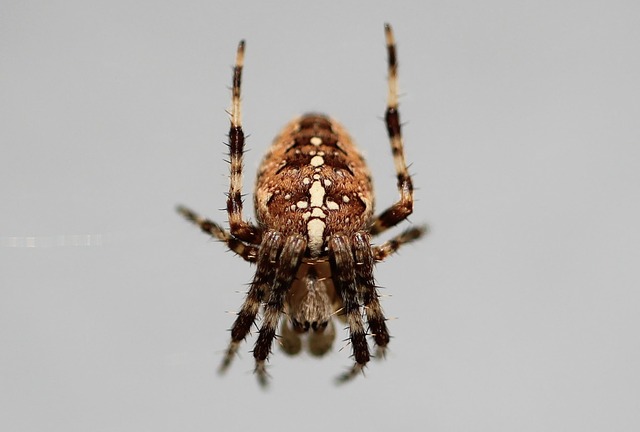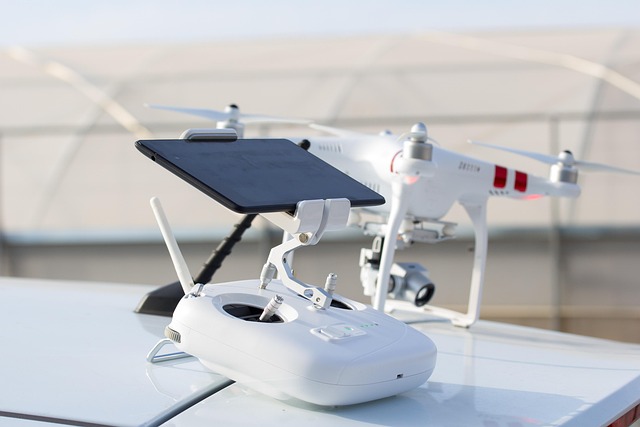Coyotes in Denver adapt to urban environments due to pigeon prey availability. Bird control measures for pigeons on commercial buildings reduce coyote activity and promote humane coexistence. Effective bird deterrents like reflective objects, mechanical owls, netting, and cleaning minimize pigeon populations, offering long-term solutions for building owners. Balancing conservation and development ensures humans and coyotes can coexist harmoniously in downtown Denver.
In urban Denver, managing coyote populations requires a nuanced approach that balances ecological health with community safety. Understanding coyote behavior and habitat is crucial for effective wildlife control plans. This article delves into the complex dynamics of these urban predators, exploring non-lethal control techniques proven successful against coyotes. Additionally, it highlights innovative bird control measures specifically tailored to commercial buildings, addressing the persistent challenge of pigeon infestations in Denver’s bustling landscape.
- Understanding Coyote Behavior and Habitat in Urban Denver
- Non-Lethal Wildlife Control Techniques for Coyotes
- Effective Bird Control Measures for Pigeons on Commercial Buildings
Understanding Coyote Behavior and Habitat in Urban Denver

Coyotes, a key species in Denver’s ecosystem, have adapted well to urban environments. Understanding their behavior and habitat preferences is crucial for effective coyote management plans, especially in densely populated areas like downtown Denver. These elusive creatures often inhabit urban edges, leveraging open spaces between buildings and parks while taking advantage of the abundance of prey, such as pigeons that congregate on commercial buildings. Implementing bird control measures for pigeons can significantly reduce coyote activity in these areas, as pigeons serve as a vital food source. By addressing pigeon populations through humane methods like bird deterrents or relocation programs, city managers can indirectly manage coyote presence without resorting to controversial techniques.
The urban landscape presents unique challenges for coyotes and wildlife management officials. These adaptable animals quickly learn to associate human activity with food sources, leading to increased boldness and potential conflicts with residents. Effectively managing coyote populations in Denver requires a nuanced approach that considers both the needs of the wild animals and the safety of city dwellers. Balancing conservation efforts with urban development is key to creating a harmonious coexistence between humans and these fascinating creatures in the heart of the city.
Non-Lethal Wildlife Control Techniques for Coyotes

Coyotes, particularly in urban areas like Denver, can pose challenges due to their adaptability and interaction with human settlements. Non-lethal wildlife control techniques offer a humane and effective approach to managing coyote populations. One such method is bird control for pigeons on commercial buildings, which has proven successful in deterring coyotes from seeking easy food sources in urban settings.
These techniques include using noise makers, visual deterrents, and scent repellents to scare off coyotes without causing harm. By combining these strategies, it becomes possible to discourage coyotes from frequenting residential areas, thus fostering a safer and more harmonious coexistence between humans and wildlife.
Effective Bird Control Measures for Pigeons on Commercial Buildings

Maintaining a commercial building in Denver presents unique challenges, especially when it comes to managing pigeon populations. Effective bird control measures are crucial to prevent damage to structures and ensure a safe environment for occupants. One of the primary strategies involves using deterrents like visual scare tactics, such as reflective objects or mechanical owls, which can be strategically placed on rooftops or ledges to discourage pigeons from landing.
Additionally, physical barriers like mesh netting or metal spikes can be installed to physically block access to desirable areas. These methods, when combined with regular cleaning and removal of food sources, can significantly reduce pigeon activity. Professional bird control services in Denver offer specialized knowledge and tools to implement these measures safely and effectively, providing long-lasting solutions for commercial building owners concerned about pigeon infestations.
In urban Denver, managing coyote populations requires a nuanced approach that considers both animal behavior and human-wildlife coexistence. By implementing non-lethal control techniques and effective bird control measures for pigeons on commercial buildings, we can mitigate conflicts with coyotes while promoting sustainable solutions. Understanding and adapting to the dynamic relationship between urban environments and wildlife is key to ensuring a harmonious future for both residents and Denver’s diverse animal inhabitants. Additionally, focusing on bird control for pigeons on commercial buildings helps address a primary food source for coyotes, reducing potential encounters in urban areas.
